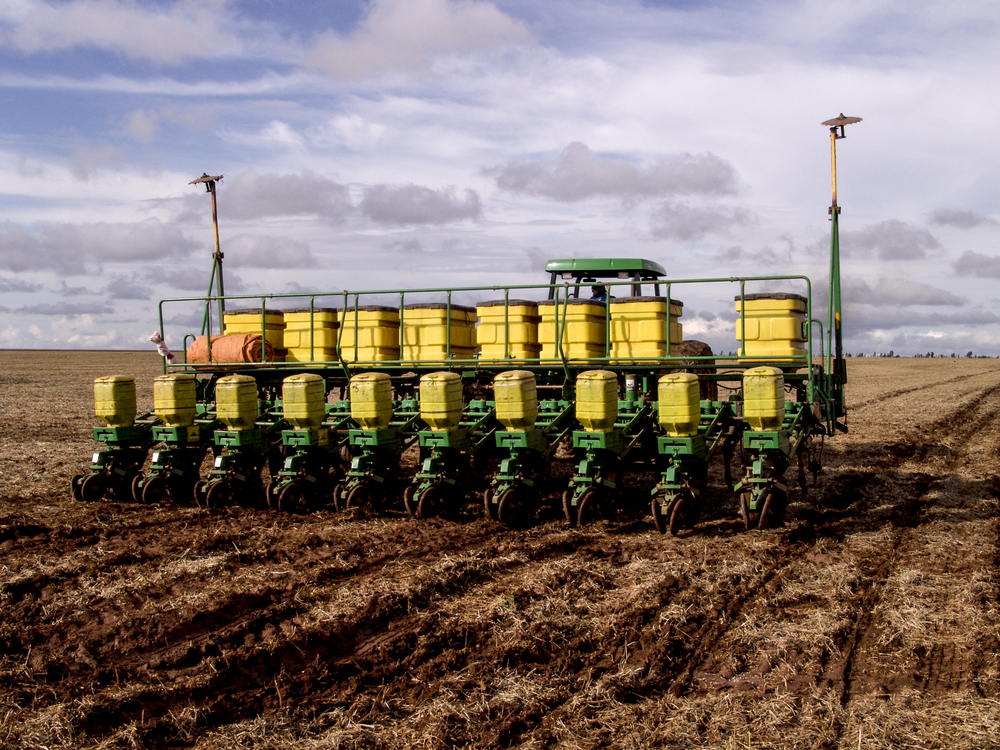The next Brazilian cereal and oilseed harvest is expected to reach a record 261.7 million tons, a 3.3-percent increase from last year, according to new data from Brazil’s national statistics agency IBGE. The figure is 0.7 percent below the agency’s previous estimate in June, but came in better than May’s forecast. This volatility is explained by changes in how weather should affect the crops.
“The reduction in July was due to weather problems. But it is worth mentioning that the harvested area reached 73 million hectares, 6.5 percent higher than the harvested area in 2021, and 0.1 percent higher than the expected last month,” said research manager Carlos Barradas.
“These numbers show that producers have invested in increasing crop production due to the high prices of agricultural commodities,” he added.
This year’s highlights continue to be corn and wheat, crops that are extremely sensitive to a lack or excess of rainfall or frosts, but which are heading towards record numbers. Mr. Barradas points out that in the case of corn, there were practically no problems in the second crop, unlike last year when droughts hindered the harvest, which explains the 25.2 percent jump in total corn production expected for 2022.
Wheat, on the other hand, should have a production of 9.7 million tons, 24.1 percent more than last year, as Brazilian producers seek to cover international supply restrictions aggravated by the war in Ukraine.
On the negative side, soybean production is expected to drop by 11.9 percent compared to 2021. The reduction is due to the lack of rains in the country’s center-south region last year, which is affecting the harvest now.
Furthermore, last year’s extremely dry and cold winter should also cause coffee production to decline.
Brazil is expected to produce 3.2 million tons of the bean this year, almost 10 percent more than that recorded in 2021. However, as 2022 would be a positive biennial year for Arabica coffee, production should be much higher.


 Search
Search






































